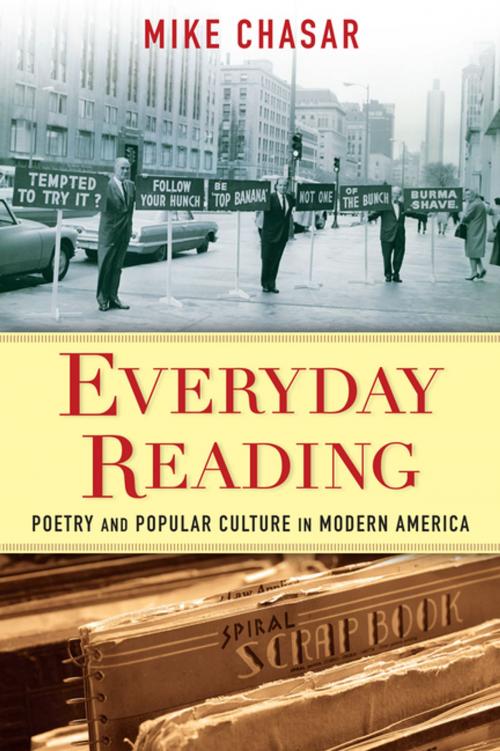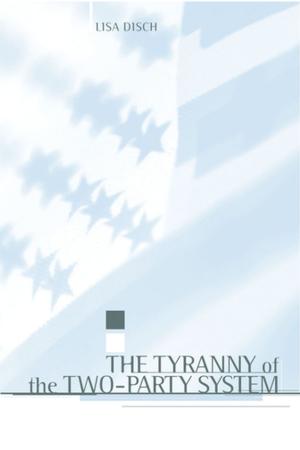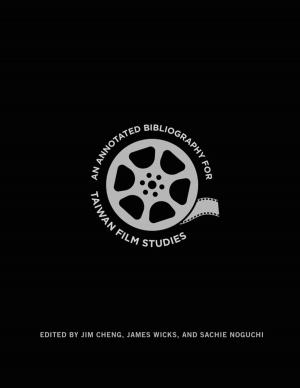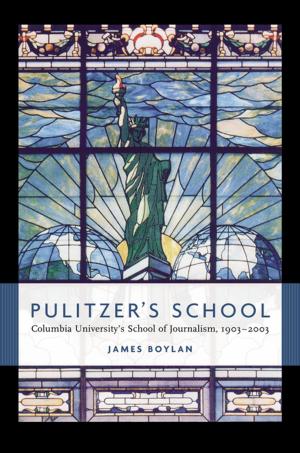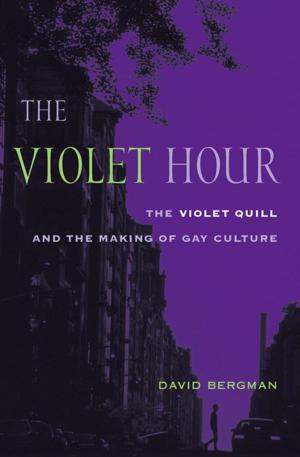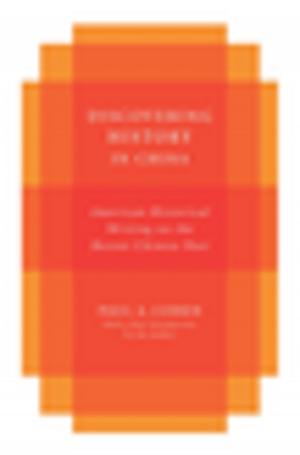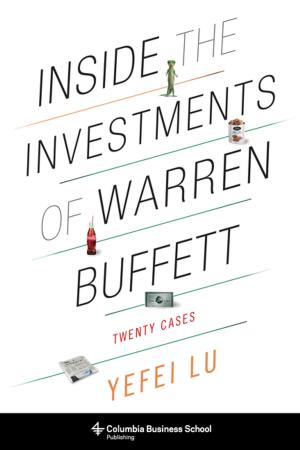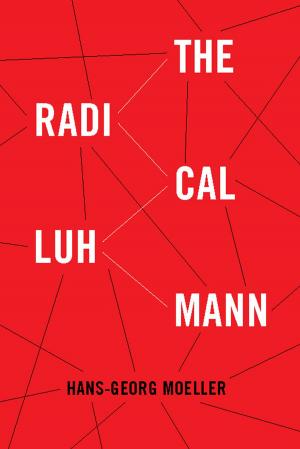Everyday Reading
Poetry and Popular Culture in Modern America
Fiction & Literature, Literary Theory & Criticism, American, Nonfiction, History, Americas, United States, 20th Century, Social & Cultural Studies, Social Science| Author: | Mike Chasar | ISBN: | 9780231530774 |
| Publisher: | Columbia University Press | Publication: | November 13, 2012 |
| Imprint: | Columbia University Press | Language: | English |
| Author: | Mike Chasar |
| ISBN: | 9780231530774 |
| Publisher: | Columbia University Press |
| Publication: | November 13, 2012 |
| Imprint: | Columbia University Press |
| Language: | English |
Exploring poetry scrapbooks, old-time radio show recordings, advertising verse, corporate archives, and Hallmark greeting cards, among other unconventional sources, Mike Chasar casts American poetry as an everyday phenomenon consumed and created by a vast range of readers. He shows how American poetry in the first half of the twentieth century and its reception helped set the stage for the dynamics of popular culture and mass media today.
Poetry was then part and parcel of American popular culture, spreading rapidly as the consumer economy expanded and companies exploited its profit-making potential. Poetry also offered ordinary Americans creative, emotional, political, and intellectual modes of expression, whether through scrapbooking, participation in radio programs, or poetry contests. Reenvisioning the uses of twentieth-century poetry, Chasar provides a richer understanding of the innovations of modernist and avant-garde poets and the American reading public's sophisticated powers of feeling and perception.
Exploring poetry scrapbooks, old-time radio show recordings, advertising verse, corporate archives, and Hallmark greeting cards, among other unconventional sources, Mike Chasar casts American poetry as an everyday phenomenon consumed and created by a vast range of readers. He shows how American poetry in the first half of the twentieth century and its reception helped set the stage for the dynamics of popular culture and mass media today.
Poetry was then part and parcel of American popular culture, spreading rapidly as the consumer economy expanded and companies exploited its profit-making potential. Poetry also offered ordinary Americans creative, emotional, political, and intellectual modes of expression, whether through scrapbooking, participation in radio programs, or poetry contests. Reenvisioning the uses of twentieth-century poetry, Chasar provides a richer understanding of the innovations of modernist and avant-garde poets and the American reading public's sophisticated powers of feeling and perception.
